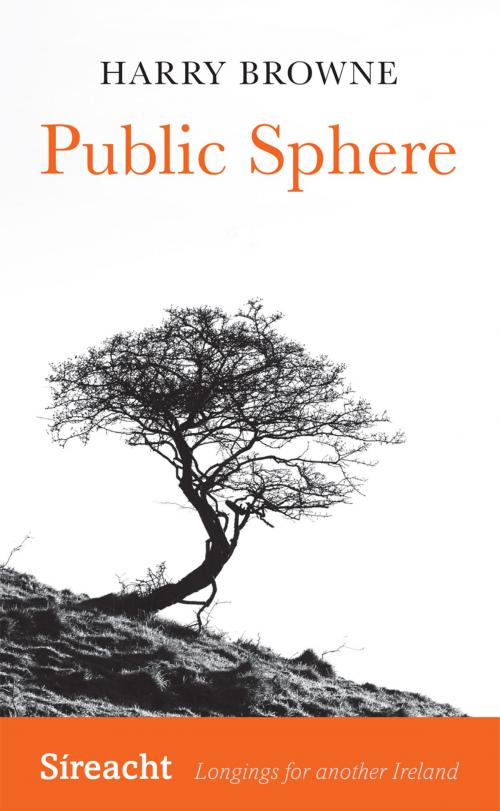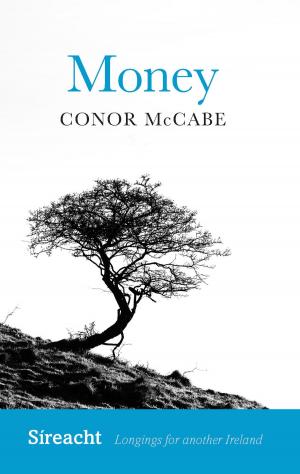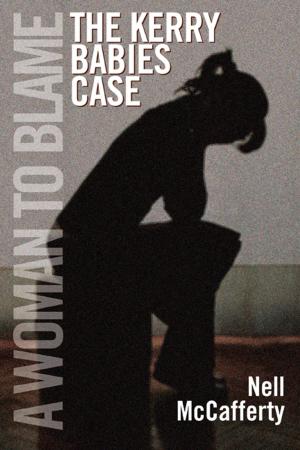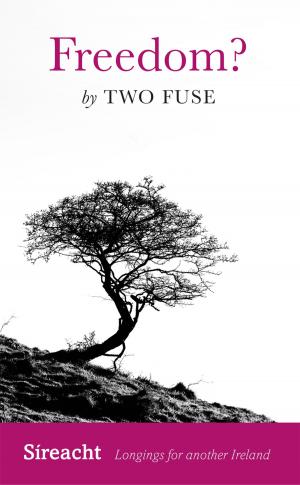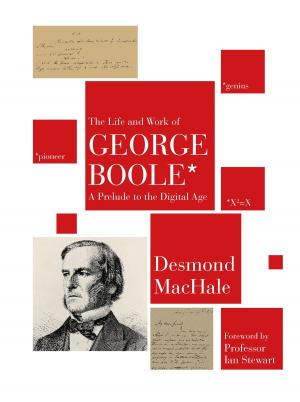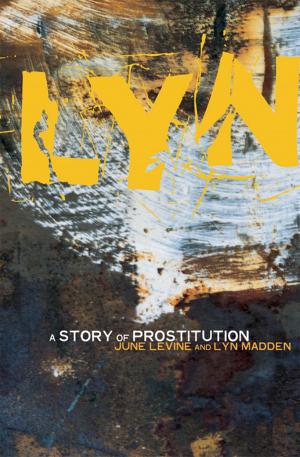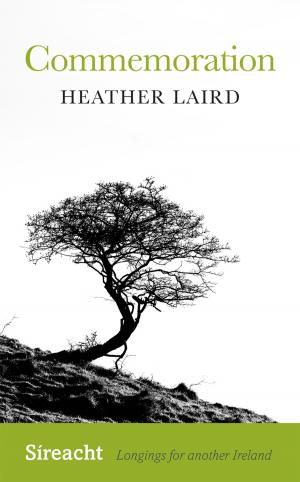Public Sphere
Nonfiction, Religion & Spirituality, Philosophy, Political, Social & Cultural Studies, Social Science| Author: | Harry Browne | ISBN: | 9781782050254 |
| Publisher: | Cork University Press | Publication: | March 1, 2018 |
| Imprint: | Cork University Press | Language: | English |
| Author: | Harry Browne |
| ISBN: | 9781782050254 |
| Publisher: | Cork University Press |
| Publication: | March 1, 2018 |
| Imprint: | Cork University Press |
| Language: | English |
This book is a critique of the public sphere, both as the centrepiece of some liberal theory about political communications, and as a description of actually existing media practice in Ireland and beyond – in traditional commercial news media and in social media. Written in an accessible style, it is a call to more and deeper critical thinking about media, old and new, as well as a consideration of the communicative needs of a present and future movement for transformative political and economic change.Our media systems, many argue, have moved from an economics of information to an economics of attention, whereby getting us to look, to click, is the constant and central objective. Donald Trump got our attention like perhaps no one has ever done before. Ironically, for all that he is a symptom of democratic and media decay, he is also the nearest thing we have had to a centre point for a global public sphere. The first chapter of the book introduces the public sphere as an historic idea and ideal, a place where proto-democratic and even truly democratic subjects deliberate and ensure civil society has a voice at the table of state. It challenges that idea, in terms of its theoretical limitations and elisions and its ultimately technocratic-consensual model of how politics works, its evasion of ‘the ineradicability of antagonism’.The next chapter examines, among other things, what we can and can’t learn by looking at media behaviour through the lens of proprietors’ commercial interests. The biases of broadcasters and newspapers in the recent economic crisis are considered, along with the pressures and consequences of declining print circulation and migration of advertising online, as well as some initial questions about pluralism and the continuing important role of the public service media, in Ireland and elsewhere. This chapter includes an extensive review of previously unpublished results of a study into newspaper coverage of the Irish movement against the Iraq war. The final part of the book moves the discussion online, where, though nearly infinite pluralism appears to rule the day, power and freedom are more elusive. Under the regime of ‘communicative capitalism’, we are all ‘content providers’, generally without remuneration – unless we are lucky enough to be bestowed with the neological title of ‘social influencers’. Browne asks what we need to do to ensure our media actions and activism really do have a positive social influence.
This book is a critique of the public sphere, both as the centrepiece of some liberal theory about political communications, and as a description of actually existing media practice in Ireland and beyond – in traditional commercial news media and in social media. Written in an accessible style, it is a call to more and deeper critical thinking about media, old and new, as well as a consideration of the communicative needs of a present and future movement for transformative political and economic change.Our media systems, many argue, have moved from an economics of information to an economics of attention, whereby getting us to look, to click, is the constant and central objective. Donald Trump got our attention like perhaps no one has ever done before. Ironically, for all that he is a symptom of democratic and media decay, he is also the nearest thing we have had to a centre point for a global public sphere. The first chapter of the book introduces the public sphere as an historic idea and ideal, a place where proto-democratic and even truly democratic subjects deliberate and ensure civil society has a voice at the table of state. It challenges that idea, in terms of its theoretical limitations and elisions and its ultimately technocratic-consensual model of how politics works, its evasion of ‘the ineradicability of antagonism’.The next chapter examines, among other things, what we can and can’t learn by looking at media behaviour through the lens of proprietors’ commercial interests. The biases of broadcasters and newspapers in the recent economic crisis are considered, along with the pressures and consequences of declining print circulation and migration of advertising online, as well as some initial questions about pluralism and the continuing important role of the public service media, in Ireland and elsewhere. This chapter includes an extensive review of previously unpublished results of a study into newspaper coverage of the Irish movement against the Iraq war. The final part of the book moves the discussion online, where, though nearly infinite pluralism appears to rule the day, power and freedom are more elusive. Under the regime of ‘communicative capitalism’, we are all ‘content providers’, generally without remuneration – unless we are lucky enough to be bestowed with the neological title of ‘social influencers’. Browne asks what we need to do to ensure our media actions and activism really do have a positive social influence.
